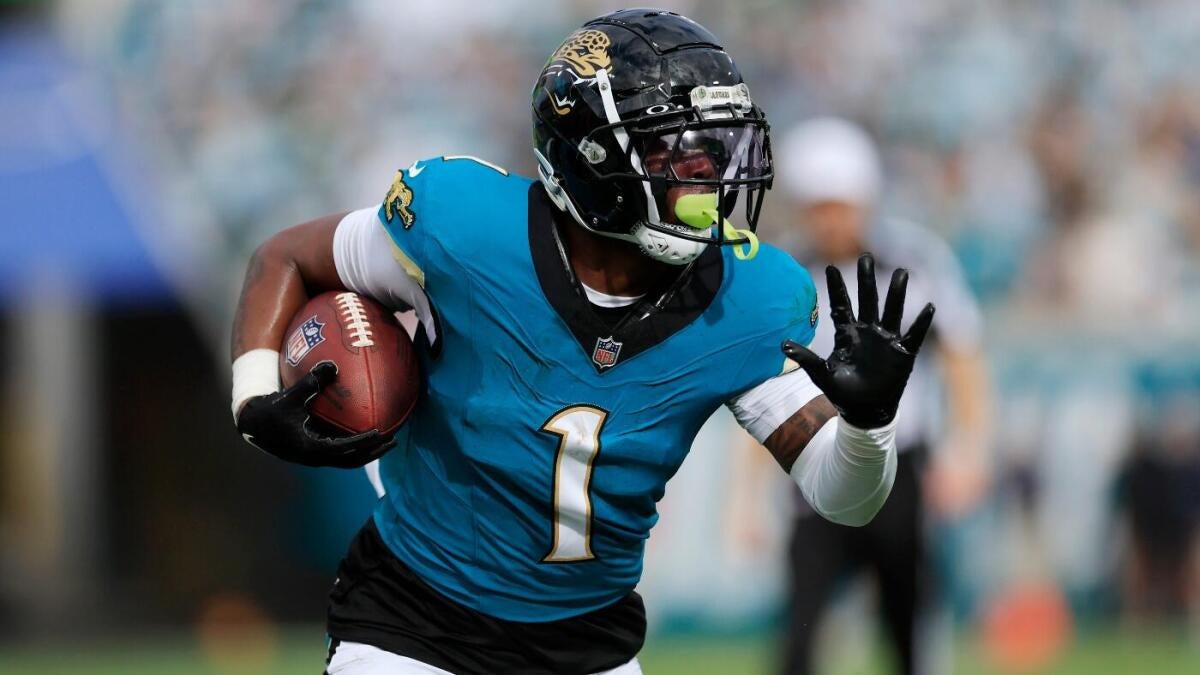‘Cricket now a proxy for tensions, not diplomacy’: England legend urges ICC for transparent tournament draws

Former England cricket captain Michael Atherton has called on the International Cricket Council (ICC) to enhance transparency in its tournament draw process, particularly criticising the repeated placement of India and Pakistan in the same groups. His remarks follow the 2025 Asia Cup, which was marred by political tensions between the two nations, including issues tied to terrorism and border conflicts.The legendary player made these observations in his column for The Times.Atherton argues that the consistent scheduling of India-Pakistan clashes, often driven by commercial incentives, undermines the integrity of the sport. He highlighted that these matches, while rare and emotionally charged, are often strategically engineered to boost viewership and broadcasting revenues. The ICC, along with the Asian Cricket Council (ACC), is believed to use the economic value of these fixtures — notably important for funding cricket in the region — to justify their recurrence.The broadcasting rights for ICC events, valued at nearly $3 billion for the 2023–27 cycle, owe much of their worth to high-profile matchups like India vs Pakistan. Atherton emphasized that although the rivalry attracts massive attention, organizing tournament groups to guarantee these encounters compromises sporting fairness.He further noted that while cricket once served as a diplomatic bridge between India and Pakistan, it now often acts as a proxy for political posturing. Atherton insists that future ICC draws should be conducted transparently, allowing natural outcomes rather than engineered matchups. If the two teams don’t meet in every tournament, he believes the sport should accept that as part of fair competition.“If cricket was once a vehicle for diplomacy, it has now clearly become a proxy for broader tensions and propaganda. There is little justification, in any case, for a serious sport to arrange tournament fixtures to suit its economic interests — and now that the rivalry is being exploited in other ways, there is even less justification for it,” the cricket legend noted in his column for The Times.Atherton’s comments add to growing concerns about the commercialization of cricket and the blending of sports with geopolitical agendas, particularly in the context of subcontinental rivalries. (With inputs from Agencies)









